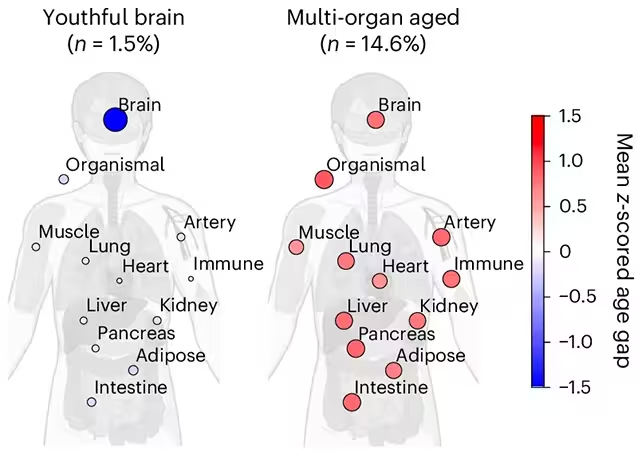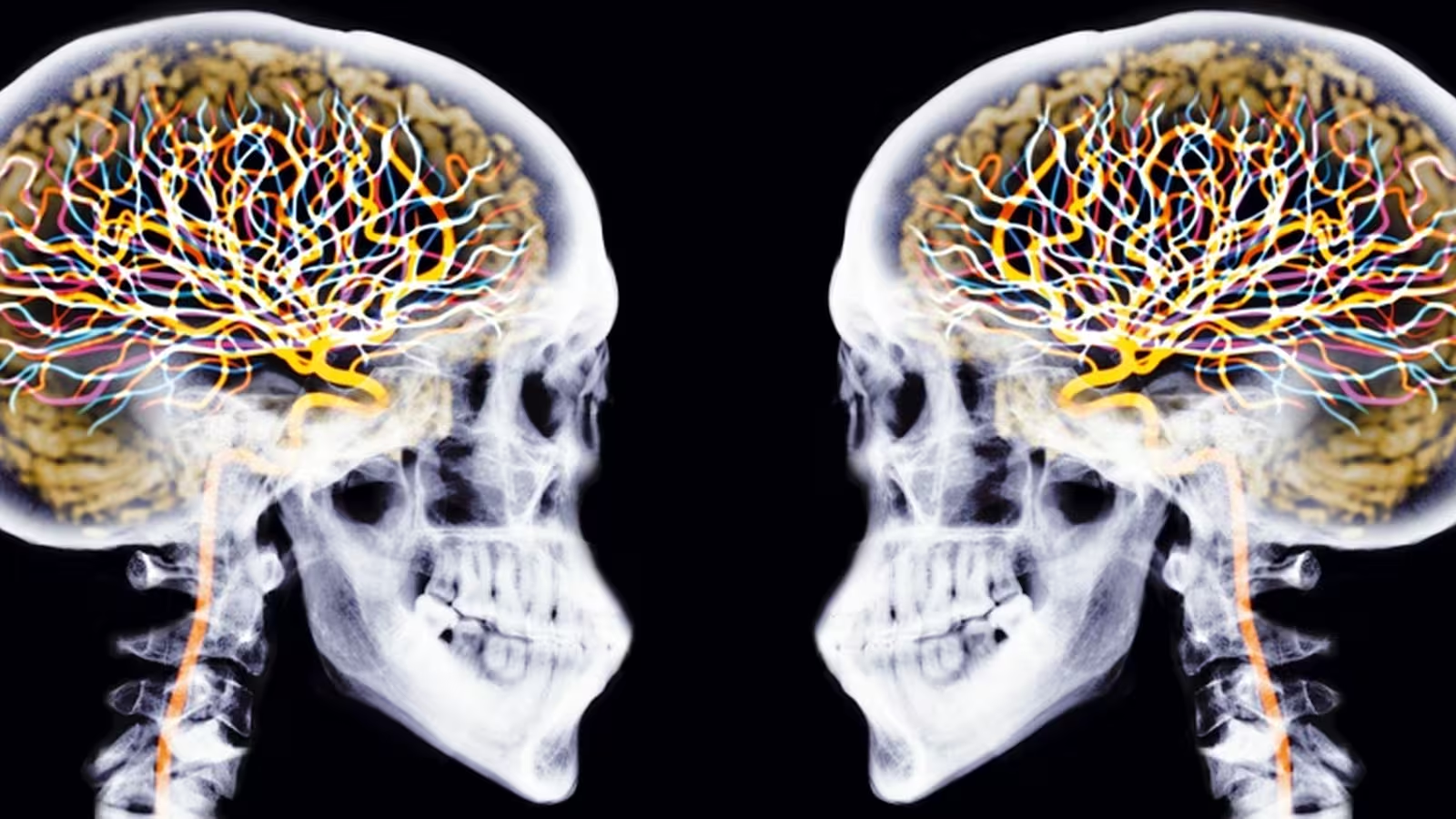5 Minutes
The Science Behind Organ Aging and Lifespan
While people typically celebrate their chronological age on birthdays, cutting-edge research highlights that different organs in the human body age at varying rates. Among these, the brain’s biological age may offer the clearest insight into overall lifespan, according to a recent comprehensive study led by scientists at Stanford University.
Researchers analyzed health data from 44,498 adults aged 40 to 70, sourced from a major UK health database, to estimate the biological age of 11 major organs—including the heart, lungs, kidneys, and especially the brain. By leveraging advanced blood biomarker profiling, the team calculated how efficiently each organ was functioning, essentially “dating” each organ relative to the person’s real age.
Breakthrough Study Links Brain Age to Mortality Risk
The study tracked participants for up to 17 years, correlating the biological 'ages' provided by protein markers with the incidence of disease and risk of death. One pattern stood out: participants whose brains were biologically younger than their actual age generally experienced increased longevity, while those with “aged” brains faced a significantly higher risk of mortality.
Stanford neuroscientist Tony Wyss-Coray, a lead author on the project, emphasized, “The brain appears to be the gatekeeper of longevity. If your brain is biologically old, the risk of dying is heightened. Conversely, a youthful brain is associated with a longer life.”
The analysis highlighted that individuals with “extremely aged” brains—those in the oldest 7% by biological brain metrics—were nearly twice as likely to die over a 15-year window versus their peers with brains aging in line with their chronological years. In contrast, those with notably youthful brains had a 40% reduced chance of dying during the same time frame.

Protein Biomarkers: Unlocking the Secrets of Biological Aging
The method used for this research hinges on the measurement of protein concentrations in the blood. Specific proteins serve as biological indicators of organ health; higher levels of certain proteins may signify aging tissues or emerging functional decline. By calculating organ-specific protein signatures, researchers could assemble a detailed—and potentially actionable—map of overall biological aging.
Status mismatches between biological and chronological age not only predicted general mortality but also disease risk (especially for the brain). Those with the “oldest” brains had roughly a three-fold higher risk of developing Alzheimer’s disease, compared to individuals whose brain age mirrored their calendar age. By contrast, participants with exceptionally young brains were 74% less likely to develop Alzheimer’s, highlighting the critical importance of brain health in neurological outcomes.
Implications for Disease Prevention and Healthy Longevity
These findings add weight to the hypothesis that the brain’s aging rate is a pivotal, though not solitary, factor in overall health and survival. Previous studies have established that environmental and lifestyle factors—such as exercise, socioeconomic status, and nutrition—can accelerate or decelerate brain and organ aging.
Nonetheless, brain aging is only one facet of a larger mosaic. Elements like lifestyle, genetics, and random events (e.g., accidents) also help determine lifespan. Notably, there is evidence of bidirectional influence: while aging organs raise disease risk, developing a serious illness can, in turn, exacerbate the biological aging of critical organs like the brain, heart, or immune system.
Expert Insights and Future Directions
Wyss-Coray and colleagues argue that mapping organ-specific biological aging could revolutionize personalized medicine—not only by identifying individuals at high risk but also by providing a framework to test interventions designed to slow organ-specific aging. “This approach could lead to targeted human trials, evaluating how interventions—from medications to lifestyle changes—impact the biological ages of critical organs such as the brain, heart, and immune system,” Wyss-Coray stated. As testing becomes more cost-effective and focused, it may foster new longevity treatments or preventive strategies tailored to an individual’s biological profile.
Conclusion
The age of your brain, as measured by advanced blood biomarker analysis, is emerging as a powerful predictor of lifespan and brain-related disease risk. While many variables shape human health and longevity, monitoring the pace of brain and organ aging opens the door to novel strategies for early intervention and healthy aging. As science continues to reveal the molecular drivers of aging, personalized health plans—centered around organ-specific biological age—may offer hope for longer, healthier lives.



Comments